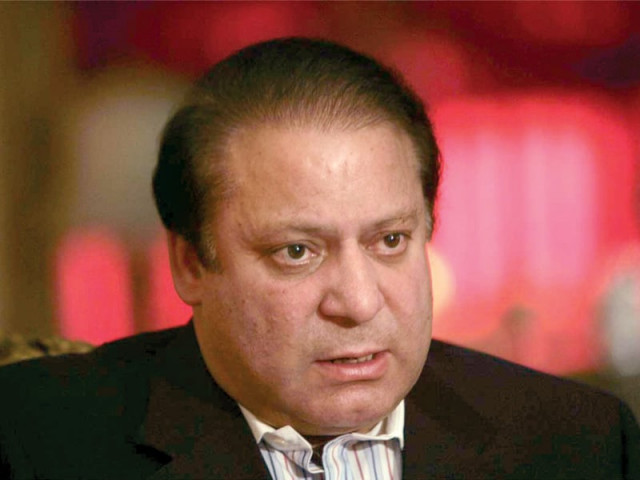Delicate balancing act
Actors who should be working to protect the democratic system may well end up undermining it.

Nawaz Sharif and the PML-N seems to be equally blind to some of the dangers they are posing to the democratic system. Among the options that the opposition party is weighing include introducing a no-confidence motion against Prime Minister Yousaf Raza Gilani, mass resignations from the assemblies and street protests. Despite being the party that has been most cognisant of the military’s designs on political power, the PML-N has now decided that its own thirst for power is a more vital cause than a full-throated support of democracy. For the PML-N, early elections are crucial to arrest the PTI’s growing rise in popularity and if that means unintentionally doing the army’s dirty work for it, then that is a cross the PML-N is willing to bear.
The PPP, for now, is on the offensive against the army but on the defensive against the Supreme Court. Removing Nadeem Lodhi from his post as defence secretary was a bold move, one that may have precipitated a coup in years past. But taking the fight to the military means that the PPP has to back down on the NRO case and give in to the wishes of the Supreme Court. It is a difficult balancing act, but if the PPP can pull it off, it will save not only its own government, but it might just end up shifting the balance of power between the military and the civilians in favour of the latter for years to come.
Published in The Express Tribune, January 14th, 2012.














COMMENTS
Comments are moderated and generally will be posted if they are on-topic and not abusive.
For more information, please see our Comments FAQ